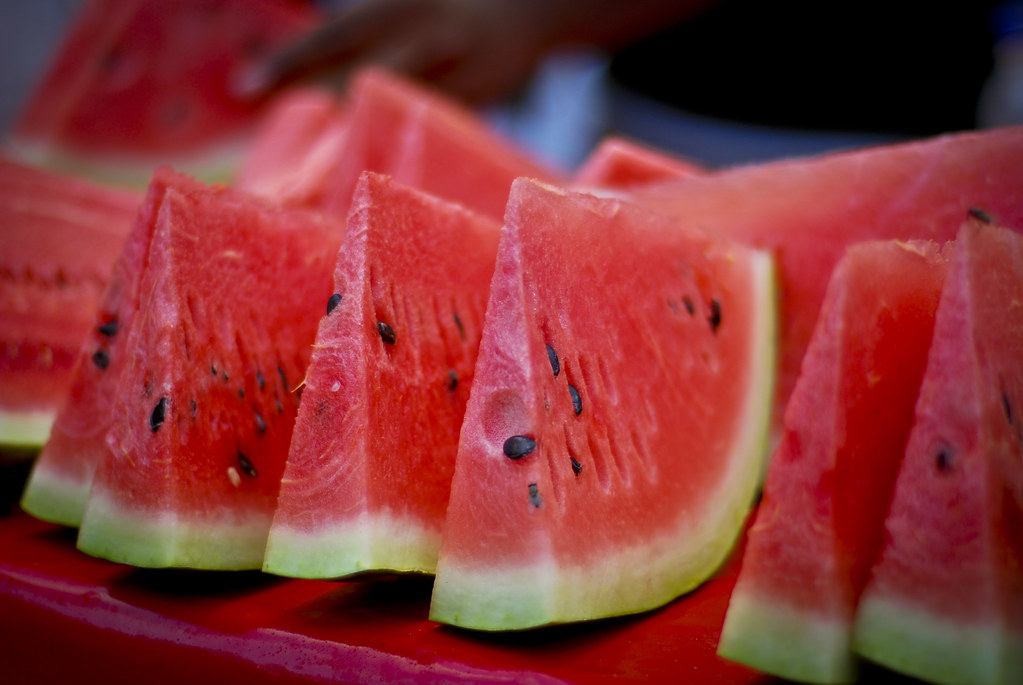Summer is already upon us and in a few days juicy red watermelons will also hit the markets.
The easiest way to give some nutrition to your body is to eat watermelons. There are many benefits hidden in this fruit. If you are still not convinced about including it in your diet, then let us give you some interesting information on why watermelon is one of the healthiest fruits during summers.
Most of us do not prefer to chew watermelon seeds but instead throw them out. But the seeds in fact have high medicinal values.
Nutritional Benefits
Your nutrition intake from watermelon seeds depends largely on how many you eat. As they are small in size, you have to take a good quantity of them. Watermelon seed is the best option to supplement your nutrition intake if compared to the nutritional value of other snacks.
Low Calorie
One ounce of watermelon seeds contains approximately 158 calories. An ounce of Lay’s Potato Chips has 160 calories. Let’s take a look at what constitutes an ounce. There are approximately 400 watermelon seeds in a single ounce. On the other hand, there are only 15 potato chips in one ounce.
Magnesium
Watermelon seed is rich in magnesium content. In a 4 gram serving, you will get 21 mg of magnesium. The FDA recommends adults get 400 mg of this mineral daily. Magnesium is essential for many of the body’s metabolic functions. It is also essential for maintaining nerve and muscle function, heart, and bone health.
Iron
A handful of watermelon seeds contain about 0.29 mg of iron in comparison to FDA recommendation of 18 mg a day. Iron is an important component of hemoglobin — carrying oxygen through the body. It also helps your body convert calories into energy.
Folic acid
There are 2μ of folate in a single serving of watermelon seeds. The FDA recommends adults get 400μ each day. Folate, also known as folic acid or Vitamin B-9, is important for proper brain functioning and also works to control homocysteine levels. Women of childbearing years need even more, since folate deficiency has been associated with certain neural tubal birth defects.
‘Good’ Fats
Watermelon seeds also provide a good source of both monounsaturated and polyunsaturated fatty acids — 0.3 and 1.1 grams, respectively. The study of the American Heart Association suggests that these fats are useful in preventing heart attack and in lowering bad cholesterol levels in the blood.
